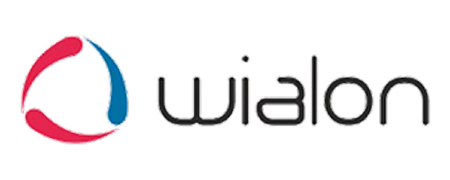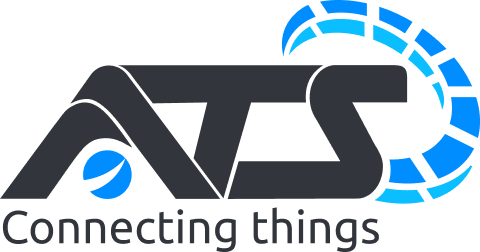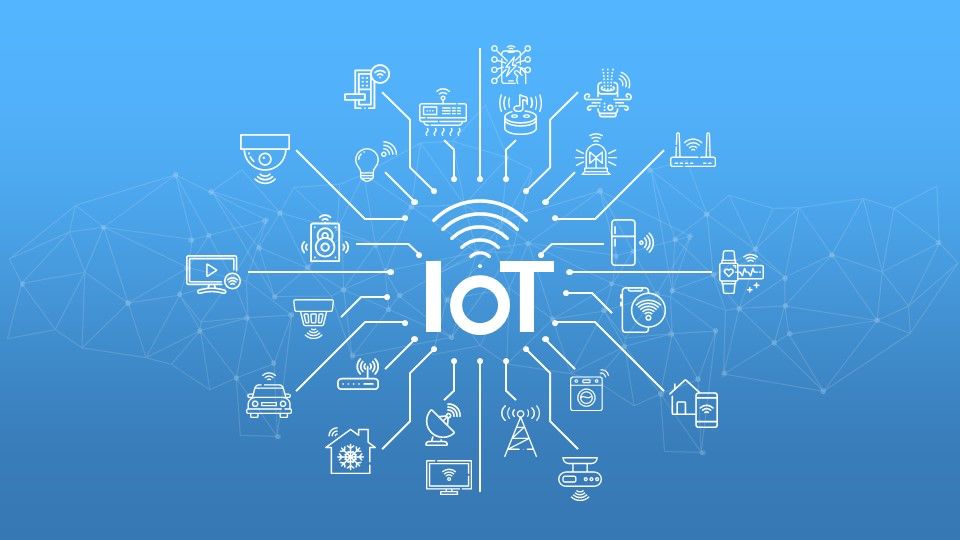The Internet of Things (IoT) has rapidly evolved from a niche technology into a driving force behind business transformation. by connecting physical assets, environments, and systems to the internet, IoT enables organizations to collect real-time data, automate operations, and make smarter decisions. but beyond the technical side, what IoT truly brings to the market is value through efficiency, insight, and opportunity.
Today, businesses across industries are turning to IoT not just to keep up with digital change, but to lead it.
1. Operational visibility in real time
One of the most immediate advantages of IoT is real-time visibility. connected sensors and devices allow companies to monitor the location, status, and performance of critical assets—whether that’s vehicles, equipment, facilities, or environmental conditions.
This visibility enables faster, more informed decision-making. for example, logistics managers can track deliveries live, while construction firms can monitor machinery usage across sites. having this level of insight reduces downtime, improves safety, and enhances day-to-day control over operations.
2. From reactive to predictive
IoT doesn’t just show what’s happening now—it can also help predict what’s likely to happen next. by analyzing patterns in sensor data, businesses can move toward predictive maintenance and proactive service. instead of waiting for a breakdown, companies can schedule interventions based on early warning signs.
This shift from reactive to predictive operations minimizes disruptions, extends the life of assets, and lowers the long-term cost of maintenance. it’s a practical step toward greater resilience and efficiency.
3. Improved customer experience
IoT also plays a key role in enhancing the customer experience. whether it’s real-time updates on deliveries, more responsive service scheduling, or data-informed personalization, connected solutions make interactions smoother and more reliable.
In industries like transportation, utilities, and retail, the ability to respond quickly and accurately to customer needs is becoming a competitive advantage—and IoT provides the tools to make it happen.
4. Energy efficiency and sustainability
Sustainability is no longer optional, and IoT can help businesses operate more responsibly. smart sensors can track energy consumption, optimize resource usage, and reduce environmental impact.
For instance, smart lighting and HVAC systems in buildings can adjust automatically based on occupancy, while connected vehicles can be routed to reduce fuel use. these improvements support both environmental goals and cost savings.
5. New revenue models
With IoT, businesses can move beyond traditional sales models and offer “as-a-service” solutions. instead of selling equipment outright, they can charge for usage, uptime, or performance—enabled by real-time monitoring and analytics.
This model opens up recurring revenue opportunities while offering customers more flexibility and value.
Conclusion
IoT brings more than just connectivity—it brings clarity, control, and new ways to grow. for organizations ready to modernize, it offers the tools to become more efficient, responsive, and sustainable. as industries continue to adapt to a fast-changing world, IoT will remain a critical enabler of smart, future-ready business.






